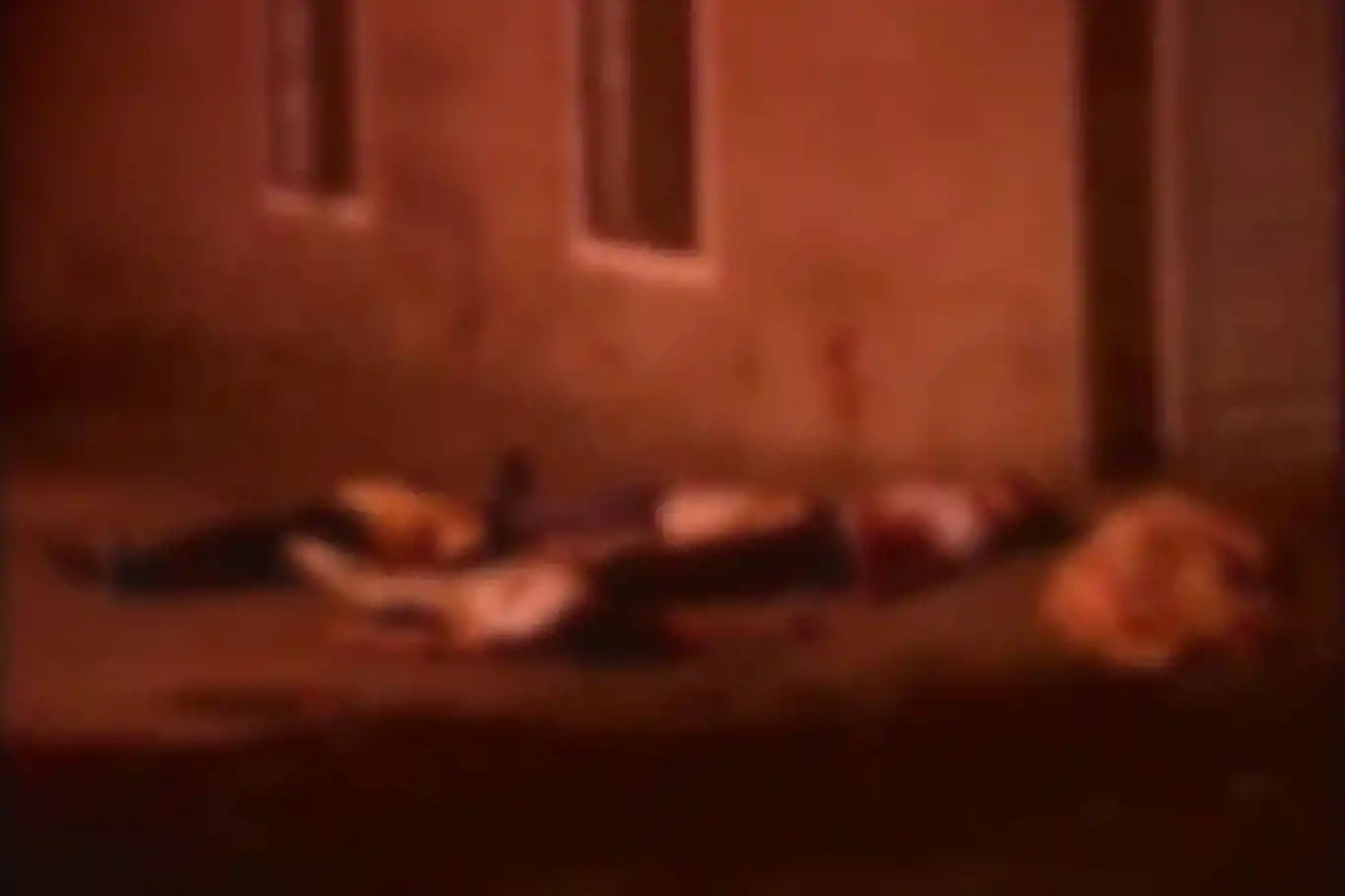Today marks the 14th anniversary of China’s Urumqi Massacre


The Urumqi massacre took place on the 5th of July 2009, where the Chinese Communist Party exerted a violent military crackdown on Uyghurs, resulting in the death of over 1000 and 5000 unjust arrests.
This date represents a dark day for Uyghurs and is symbolic of the CCP’s bloody history and repression against Uygur Muslims and ethnic minorities.
In the years since the massacre, there have been reports of widespread arrests and detentions of Uyghurs, as well as the construction of internment camps where Uyghurs are subjected to forced labor and indoctrination.
The United Nations has called for an independent investigation into the Urumqi Massacre. However, the Chinese government has refused to allow such an investigation.
The 14th anniversary of the Urumqi Massacre is a reminder of the ongoing struggle for justice for Uyghurs in China. It is also a reminder of the need for the international community to take action to hold the Chinese government accountable for its human rights abuses.
The Uyghur people are a Turkic-speaking Muslim minority who have lived in Xinjiang for centuries. In recent years, they have faced increasing discrimination and repression from the Chinese government.
The Chinese government has cracked down on Uyghur culture and religion, and has restricted their freedom of movement. Uyghurs have also been subjected to arbitrary arrests and detentions, and there have been reports of torture and ill-treatment in detention.
The Urumqi Massacre was a watershed moment in the history of the Uyghur struggle for freedom. The violence was a direct result of the Chinese government's repressive policies, and it served as a wake-up call to the international community.
The international community must continue to pressure the Chinese government to end its repressive policies in Xinjiang. Uyghurs have the right to live in peace and security, and they deserve to be treated with dignity and respect.
The Urumqi Massacre is a reminder that the struggle for justice for Uyghurs is far from over. However, as long as there are people who are willing to fight for their rights, there is hope for the future. (ILKHA)
LEGAL WARNING: All rights of the published news, photos and videos are reserved by İlke Haber Ajansı Basın Yayın San. Trade A.Ş. Under no circumstances can all or part of the news, photos and videos be used without a written contract or subscription.
On November 2, 1917, British Foreign Secretary Arthur James Balfour sent a short letter to Zionist leader Lord Rothschild, pledging Britain’s support for a Jewish homeland in Palestine.
One year has passed since Yahya Sinwar, the legendary leader of Hamas in the Gaza Strip, was martyred in a direct confrontation with Israeli forces in Rafah.
Two years have passed since the morning that forever altered the course of the Palestinian struggle — the dawn of October 7, 2023, when the besieged enclave of Gaza broke through its prison walls in a thunderous uprising now etched into history as Operation Al-Aqsa Flood.
Two years after October 7, 2023, the Gaza Strip stands as a scar on the conscience of humanity — a living graveyard of shattered lives, silenced voices, and enduring resistance.